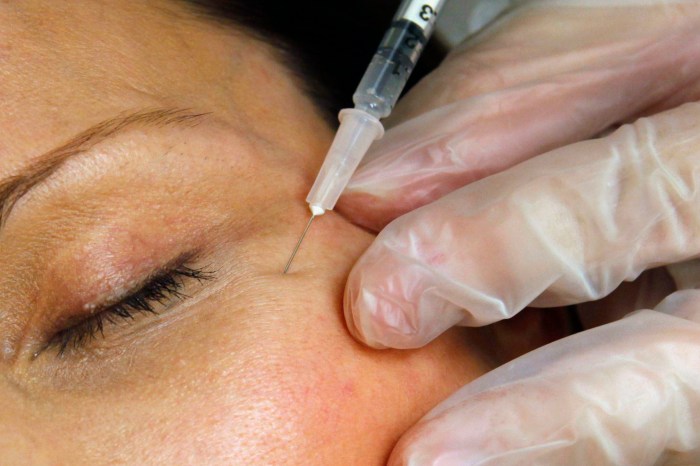For many Americans, intestinal discomfort is a routine affliction. But how do you know if you ate the wrong thing, have a case of irritable bowel syndrome, or you’re suffering from a more serious condition, such as Crohn’s disease or ulcerative colitis?
Ahead of Crohn’s and Colitis Awareness Week Dec. 1 – Dec. 7, we talked to Dr. David Hudesman, gastroenterologist and medical director of the Inflammatory Bowel Disease Center at NYU Langone, to learn more about the diseases and what to do if you’re experiencing gut pain.
Inflammatory Bowel Disease (IBD)
Crohn’s disease and ulcerative colitis are both chronic inflammatory bowel diseases — not to be confused with irritable bowel syndrome, known as IBS, Hudesman explains. People who get Crohn’s or colitis have a genetic predisposition; the conditions are then brought on by an environmental trigger, such as getting a stomach bug from traveling, or side effects from taking antibiotics. Most people affected are diagnosed in their late teens to their thirties, although symptoms can present at any age.
Crohn’s disease vs. ulcerative colitis
With Crohn’s disease, the GI tract is inflamed, causing symptoms of diarrhea, abdominal pain, weight loss, anemia, and fatigue. There are also “extra-intestinal” manifestations, such as joint pain, skin rashes, mouth sores, Hudesman explains. With ulcerative colitis, only the colon is inflamed. The condition presents with blood in the stool, in addition to symptoms akin to Crohn’s.
To test for either, a GI specialist will take blood and stool samples and perform a colonoscopy.
While the conditions are chronic, they can be managed with topical anti-inflammatories and immunosuppressive therapies. In some cases, patients can get “clinical remission,” meaning they are symptom-free, Hudesman says.
Lifestyle modifications factor in as well. Stress and anxiety can bring on and exacerbate symptoms. Nutrition-wise, it’s recommended that patients avoid processed foods and artificial sweeteners, which can cause bloating and gas. When patients visit the IBD Center at NYU Langone, they have the option of meeting with a psychologist and a nutritionist.
“We want to take care of the whole patient, not just how many times a day they’re going to the bathroom,” Hudesman says.
What about IBS?
Irritable bowel syndrome may present with similar (but less severe) symptoms as Crohn’s disease or ulcerative colitis, but it doesn’t have a genetic predisposition and it doesn’t cause inflammation. There’s no way to test for it, and it’s managed with lifestyle modifications, such as diet and stress management.
With any digestive disorder, going gluten free or incorporating probiotics into your diet may improve symptoms in some cases, but there’s no evidence it’s actually altering the gut bacteria, Hudesman explains.
“We can’t check each patient’s gut bacteria and see where there’s an imbalance and give them a probiotic for it. That would be the ultimate goal in the future,” he says, adding that the IBD Center does research on gut bacteria and how certain dietary supplements affect it.
If you’re having symptoms of IBS or Crohn’s or colitis, he recommends talking to your doctor or nutritionist first, and then making an appointment with a GI specialist to get evaluated.


















